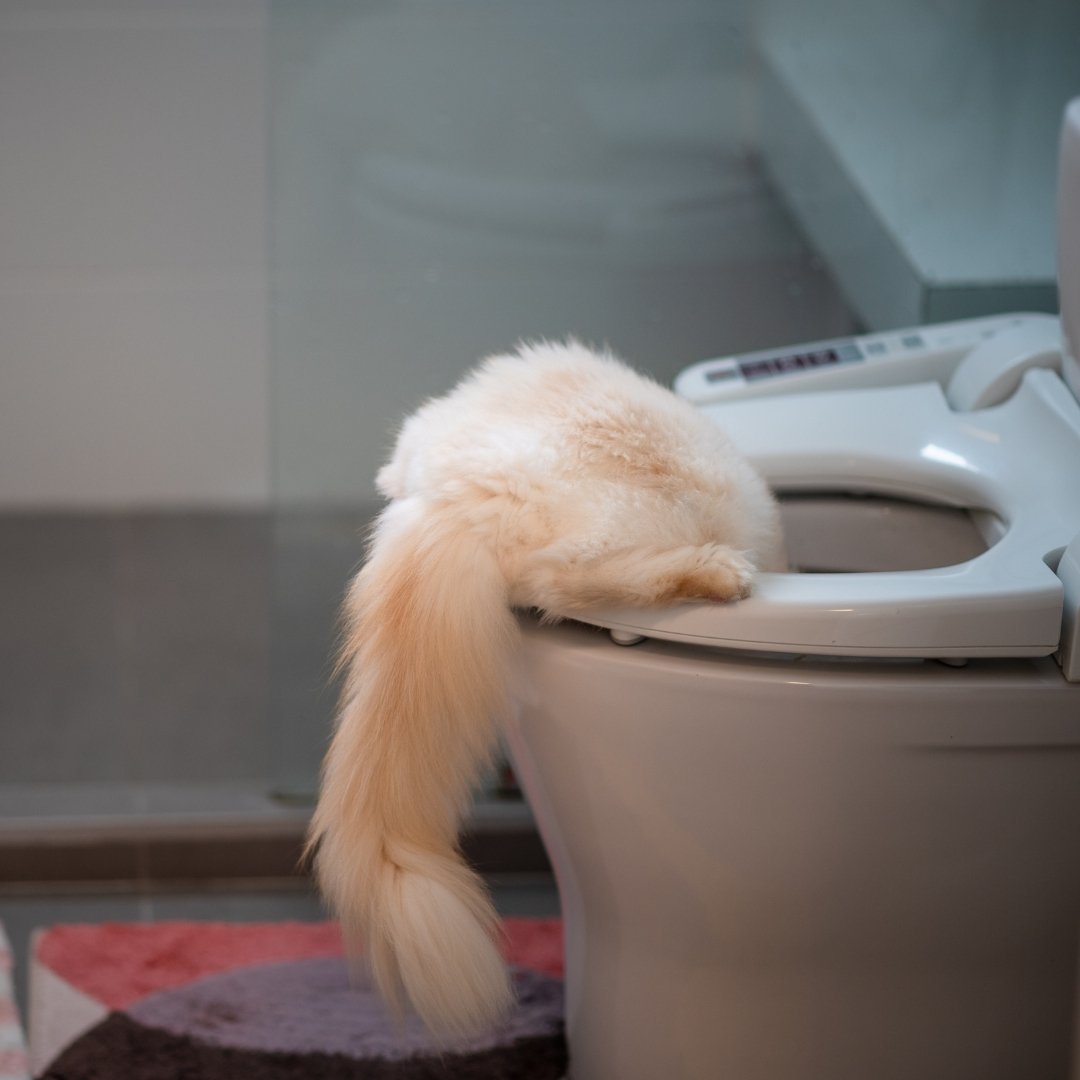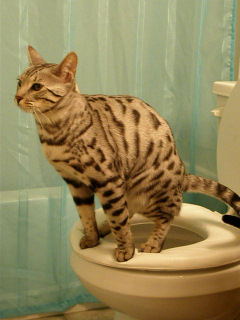They are making a few great pointers about How to Dispose of Cat Poop and Litter Without Plastic Bags as a whole in the content below.

Introduction
As pet cat owners, it's important to bear in mind just how we get rid of our feline friends' waste. While it may seem convenient to flush pet cat poop down the bathroom, this method can have destructive consequences for both the atmosphere and human wellness.
Alternatives to Flushing
The good news is, there are safer and much more accountable means to dispose of cat poop. Think about the adhering to choices:
1. Scoop and Dispose in Trash
One of the most usual approach of getting rid of feline poop is to scoop it right into an eco-friendly bag and toss it in the garbage. Make sure to make use of a specialized litter scoop and take care of the waste promptly.
2. Use Biodegradable Litter
Opt for biodegradable feline trash made from materials such as corn or wheat. These trashes are environmentally friendly and can be safely gotten rid of in the trash.
3. Bury in the Yard
If you have a yard, consider burying cat waste in a designated location away from veggie yards and water sources. Make certain to dig deep sufficient to stop contamination of groundwater.
4. Install a Pet Waste Disposal System
Invest in an animal garbage disposal system specifically developed for pet cat waste. These systems use enzymes to break down the waste, lowering odor and environmental influence.
Wellness Risks
In addition to ecological problems, purging feline waste can likewise position health risks to people. Pet cat feces may include Toxoplasma gondii, a parasite that can trigger toxoplasmosis-- a possibly severe ailment, specifically for expecting women and individuals with damaged immune systems.
Environmental Impact
Purging feline poop introduces harmful pathogens and bloodsuckers into the water system, presenting a substantial danger to aquatic ecological communities. These pollutants can negatively influence marine life and concession water high quality.
Conclusion
Liable animal possession prolongs beyond offering food and shelter-- it also involves proper waste management. By refraining from flushing pet cat poop down the bathroom and selecting different disposal techniques, we can minimize our ecological impact and safeguard human wellness.
Why You Should Never Flush Cat Poop Down the Toilet
A rose by any other name might smell as sweet, but not all poop is created equal. Toilets, and our sewage systems, are designed for human excrement, not animal waste. It might seem like it couldn’t hurt to toss cat feces into the loo, but it’s not a good idea to flush cat poop in the toilet.
First and foremost, assuming your cat uses a litter box, any waste is going to have litter on it. And even the smallest amount of litter can wreak havoc on plumbing.
Over time, small amounts build up, filling up your septic system. Most litter sold today is clumping; it is made from a type of clay that hardens when it gets wet. Ever tried to scrape old clumps from the bottom of a litter box? You know just how cement-hard it can get!
Now imagine just a small clump of that stuck in your pipes. A simple de-clogger like Drano isn’t going to cut it. And that means it’s going to cost you big time to fix it.
Parasitic Contamination
Believe it or not, your healthy kitty may be harboring a nasty parasite. Only cats excrete Toxoplasma in their feces. Yet it rarely causes serious health issues in the cats that are infected. Most people will be fine too if infected. Only pregnant women and people with compromised immune systems are at risk. (If you’ve ever heard how women who are expecting are excused from litter cleaning duty, Toxoplasma is why.)
But other animals may have a problem if infected with the parasite. And human water treatment systems aren’t designed to handle it. As a result, the systems don’t remove the parasite before discharging wastewater into local waterways. Fish, shellfish, and other marine life — otters in particular — are susceptible to toxoplasma. If exposed, most will end up with brain damage and many will die.
Depending on the species of fish, they may end up on someone’s fish hook and, ultimately on someone’s dinner plate. If that someone has a chronic illness, they’re at risk.
Skip the Toilet Training
We know there are folks out there who like to toilet train their cats. And we give them props, it takes a lot of work. But thanks to the toxoplasma, it’s not a good idea.

I found that post on How to Dispose of Cat Poop and Litter Without Plastic Bags while browsing the search engines. Sharing is nice. Helping people is fun. Thanks a bunch for your time. Visit us again soon.
Call Today